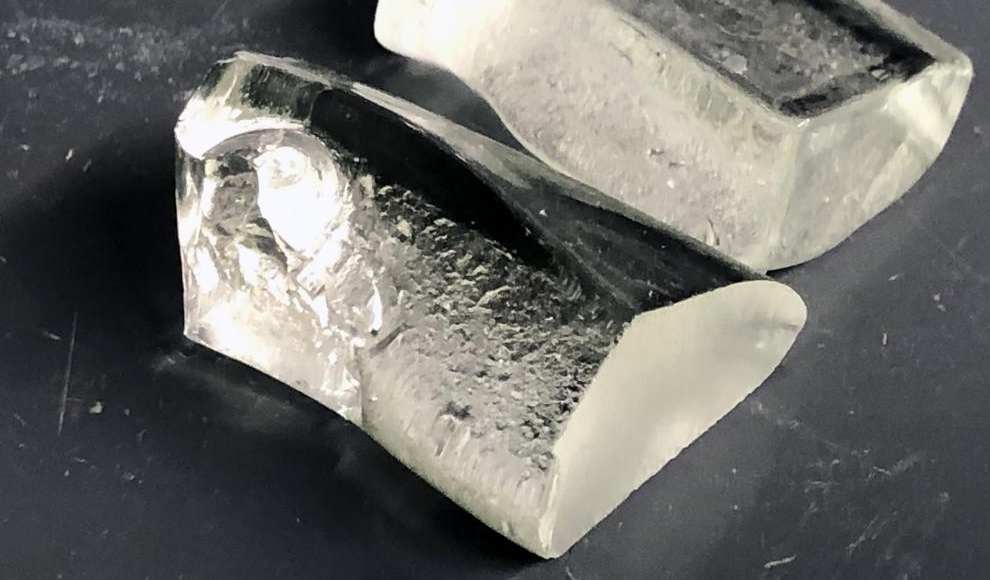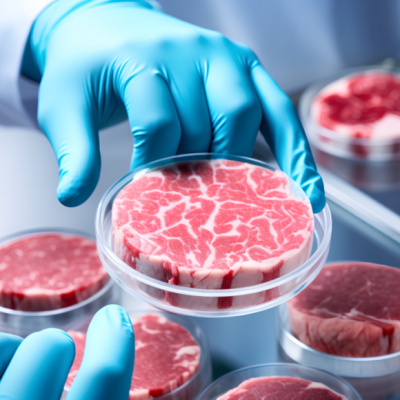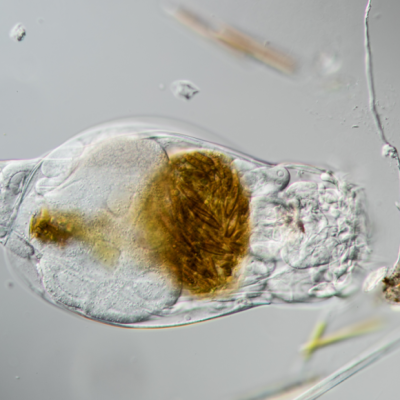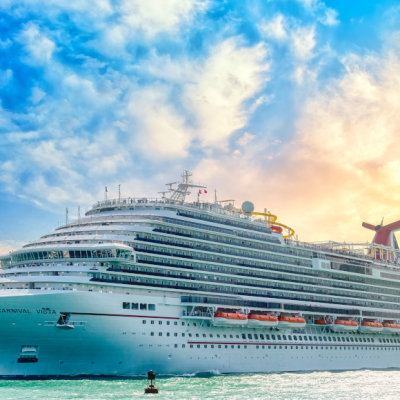In a groundbreaking development, researchers at Pennsylvania State University have created a new type of glass that is not only environmentally friendly but also ten times stronger than traditional glass. The new glass, called Lionglass, was created by replacing the carbon-based materials used in traditional glass production with iron compounds or aluminum oxide. This reduced the melting temperature of the glass by up to 400 degrees Celsius, resulting in a 30% reduction in energy consumption during production.
The benefits of Lionglass extend beyond its eco-friendliness. In standardized Vickers tests, Lionglass withstood a load of one kilogram without cracking, while traditional glass typically cracks at a load of just 0.1 kilograms. This resistance to cracking is a crucial quality for glass, as microcracks that form on the surface of glass over time can weaken it and eventually cause it to break. The strength of Lionglass makes it an ideal material for use in industries such as automotive, construction, and communication technology, where durability is essential.
The potential applications of Lionglass are vast. Its strength and durability mean that it can be made thinner than traditional glass, reducing the weight of products and potentially improving energy efficiency in industries such as transportation and electronics. The reduced carbon emissions during production also make it an attractive option for environmentally conscious consumers. The researchers behind Lionglass hope that their creation will pave the way for a new era of glass production that is both sustainable and strong.










